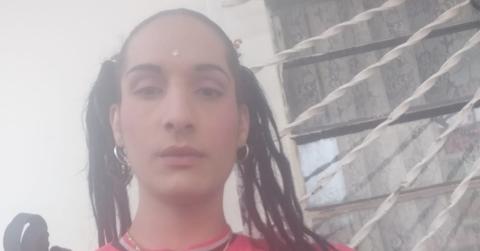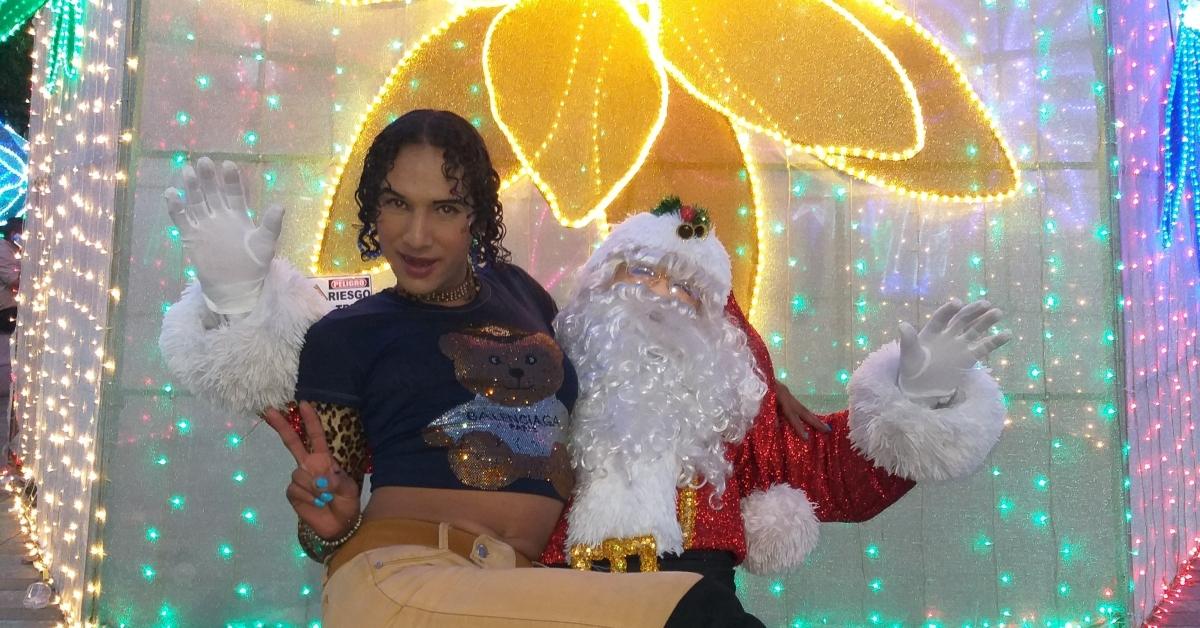Woman's Death Sparks Outrage in Colombia — What Happened to Sara Millerey Gonzalez?
"We also denounce the inhumanity of witnesses who, instead of coming to Sara’s aid, exhibited her final moments on social media."
Published April 17 2025, 2:23 p.m. ET
Content Warning: This article contains subjects that may be distressing to some readers, including graphic violence and sexual assault committed against LGBTQ+ community members.
Across the world, protests have arisen following an attack on a transgender Colombian woman named Sara Millerey Gonzalez. The attack she suffered was highly publicized, with videos circulating on social media, leading to an international outcry.
The details of what Sara suffered and what she went through before her tragic death at the hands of her assailants left the LGBTQ+ community reeling, and the world outraged. Here's what we know about what happened to Sara, and why protests have sprung up in the wake of her brutal murder.
What happened to Sara Millerey Gonzalez?
By all appearances, Sara Millerey was just happily living her life when the most unimaginable horrors were visited on her.
On April 4, 2025, the BBC reports that 32-year-old Sara was brutally attacked in Antioquia, north of Medellín, in the South American country of Colombia.
Sara was attacked by a number of as-yet-unnamed assailants and thrown into the La García ravine, where she suffered in the water until rescuers arrived to transport her to the hospital. Despite their efforts, she succumbed to her horrific injuries and died a few hours later. The attack was reportedly livestreamed by witnesses, her suffering shared in front of the world as they failed to render aid or try to intervene in the assault.
According to the BBC, Bello Mayor Lorena González Ospina spoke on the murder, saying in a statement that she was, "the victim of an atrocious and hateful act. Sara was raped, her arms and legs were broken and she was thrown into the river."
The mayor added, "It hurts deeply to think that it happened in the face of the indifference of many. We cannot allow transphobia to continue to claim lives in silence."
Outcry across Colombia has been swift in the wake of Sara's brutal murder.
Sara's murder brought swift backlash from the international community, sparking protests across Colombia and the world.
In some protests, attendees carried signs reading, "No Más," which translates into, "No More."
The Washington Office on Latin America (WOLA.org) released a statement on the murder, condemning anti-trans sentiments, including in media reports of Sara's murder.
The statement reports that "She was cruelly dumped and left to drown after the perpetrators severely beat her, breaking her arms and legs. Rather than help Sara, passersby recorded her suffering and posted it on social media. The shocking video has since gone viral."
They added, "We strongly condemn this horrific crime and demand justice for Sara. We also denounce the inhumanity of witnesses who, instead of coming to Sara’s aid, exhibited her final moments on social media."
As media outlets reported Sara's death, they used her deadname and misgendered her, to which WOLA wrote, "We strongly disapprove of authorities and media outlets reporting on Sara using her deadname. This crime, like many others committed against trans individuals, did not happen in isolation—it occurred with the complicity of many bystanders."
The organization called Sara "courageous," adding that in 2025 so far, 24 LGBTQ+ community members had already been murdered, demanding the international community stand up and address "worsening violence."
The statement added, "When a society fails to value and protect diversity, and instead demonizes people for being different, it creates the conditions for such hate crimes to occur."
In Colombia and on social media around the world, comments are filled with support and respect for Sara, calling on the world to eliminate the cruelty of anti-trans behavior and protect people who just want to live their lives in peace.
If you or someone you know is a member of the gay, lesbian, bisexual, transgender, queer, and questioning community and need support, the LGBT National Help Center provides free and confidential resources.

